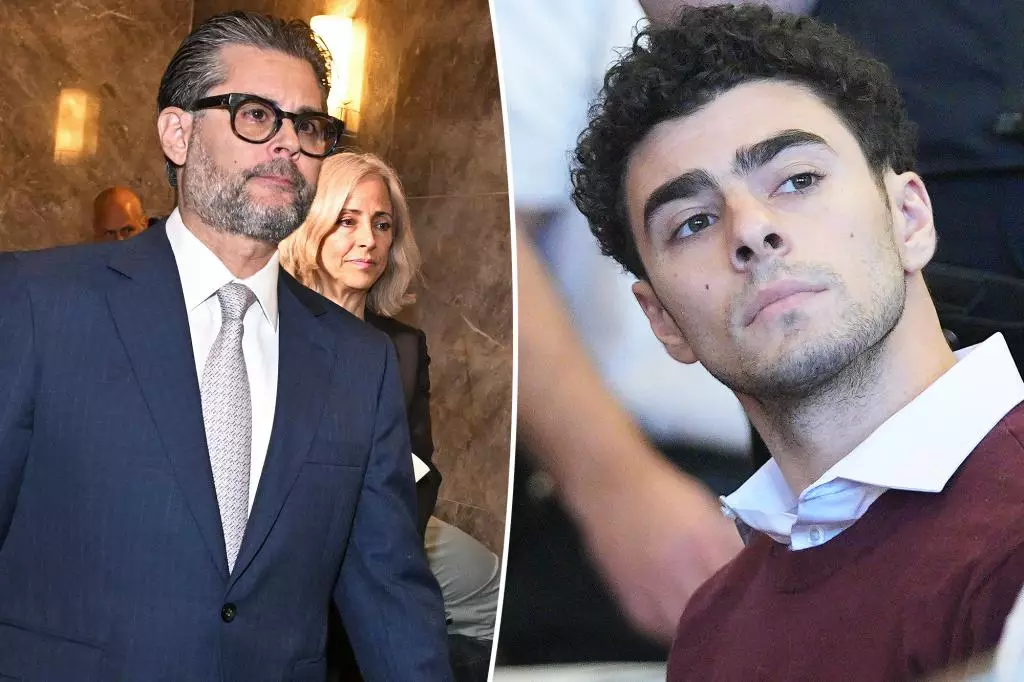In recent years, the role of prison consultants has gained recognition, especially among high-profile convicts facing complex judicial predicaments. One such figure, Luigi Mangione, has enlisted the expertise of Craig Rothfeld, a notorious consultant known for his deep understanding of the prison system. Rothfeld himself has a shadowy past, having previously served time for white-collar crimes. His journey from inmate to consultant has positioned him as an authority on navigating the perilous waters of incarceration.
Rothfeld’s observations about imprisonment resonate profoundly in the context of his clients’ experiences. His description of the prison environment as a “Byzantine black hole” underscores the daunting psychological challenges faced by newcomers. Particularly for individuals like Harvey Weinstein, who have been sentenced for serious offenses, the initial 90 days can be a harrowing adjustment filled with uncertainty and fear. Rothfeld’s comments reflect an unsettling reality of prison life—stripped of autonomy and subjected to the relentless oversight of the correctional system.
Harvey Weinstein, once a titan of the film industry, is now a figure shrouded in legal woes and health crises. After winning an appeal, he remains embroiled in a retrial that further complicates his situation. The gravity of his circumstances is compounded by serious health issues, including heart problems, diabetes, and potentially life-threatening conditions like leukemia. His deteriorating health has raised alarms about the adequacy of medical care within the prison system, prompting claims of negligence against New York’s corrections facilities. Rothfeld’s role as Weinstein’s authorized legal health care representative highlights the complexities of managing health in a punitive environment.
As Rothfeld extends his services to Luigi Mangione, who is facing serious charges including the alleged murder of a prominent healthcare executive, the stakes are notably high. Mangione’s current imprisonment at the Metropolitan Detention Center in Brooklyn, alongside infamous inmates like Sean “Diddy” Combs, presents an intriguing dynamic. With his not guilty plea, Mangione’s case will undoubtedly involve intricate legal maneuvers and strategic counseling—especially under the guidance of an experienced consultant like Rothfeld.
The convergence of celebrity and criminal justice reveals societal perceptions of justice, particularly for individuals of prominence. The narratives surrounding Weinstein and Mangione not only shine a light on the workings of the judicial system but also spark debate on issues such as privilege, accountability, and the adequacy of care for those incarcerated. As public figures navigate these treacherous waters, the role of consultants like Rothfeld becomes increasingly significant, poised to influence the outcomes of their clients’ legal predicaments.
The labyrinthine realities of the prison system foster a unique space for consultants like Craig Rothfeld. As he guides high-profile clients through uncharted territories, it remains essential to consider the ethical implications and the human cost often obscured by the sensationalism of celebrity cases. As Mangione and Weinstein face their respective challenges, the intersection of health, justice, and consultancy will likely remain a focal point in discussions surrounding the American penal system.

